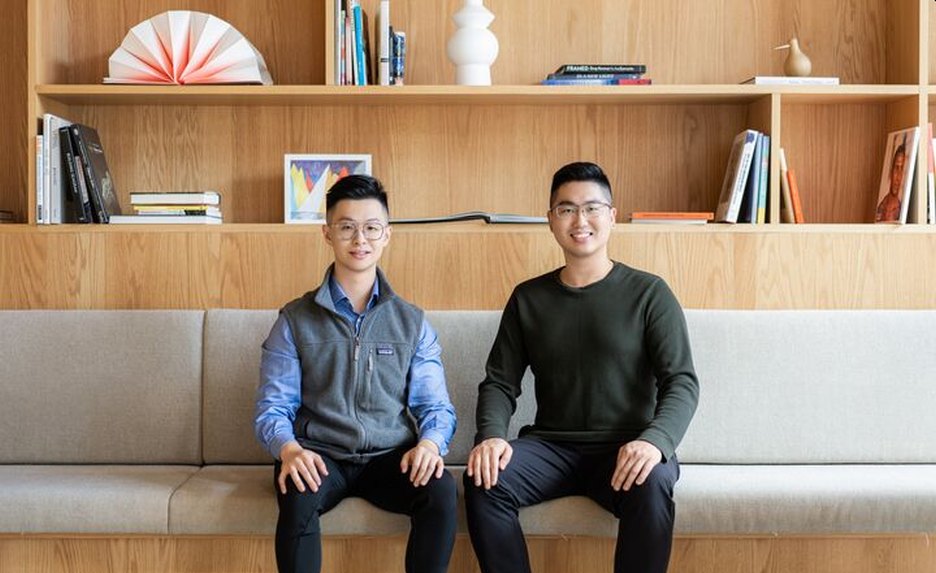Sahara AI raises $43M in funding to solve IP issues facing the AI industry

Sahara AI, a decentralized AI startup co-founded by a University of Southern California associate professor, announced on Wednesday that it has secured $43 million in a Series A funding round to tackle complex copyright and privacy challenges in the AI industry.
The round was by Pantera Capital, Binance Labs, and Polychain Capital. Samsung joined the round, along with Matrix Partners, crypto investment fund dao5, and Geekcartel, among others. However, the company did not disclose the valuation at which the round was raised.
With the new funds, Sahara AI plans to expand its global team, improve the platform’s performance, and broaden its developer community.
Decentralized AI Startup Sahara AI Integrating Blockchain and AI to Solve IP Issues
Sahara AI was founded in April 2023 by CEO Sean Ren and Tyler Zhou with the mission to provide rewards to users, data sources, and AI trainers, all of whom are critical to the success of generative AI. This approach contrasts with the traditional model, which typically distributes the benefits to the company that developed the AI.
The company already partnered with several major tech firms, including Microsoft, Amazon, and Snap.
Data is the cornerstone of generative AI, enabling it to create human-like outputs. However, the sector has faced increasing scrutiny over issues related to data usage, copyright, and privacy.
“There’s a lack of transparency in how centralized AI providers handle users’ proprietary models and agents, leaving users without protection or compensation for their contributions,” said Sahara AI’s co-founder and CEO Sean Ren in an interview with Reuters.
Ren further commented on the growing ethical concerns of AI, particularly regarding copyright, privacy, access to resources, and the economic disparities that can arise as AI technology becomes more widespread.
At the same time, the crypto and blockchain sectors have seen a resurgence of interest from private investors this year, driven in part by a rally in bitcoin prices after a period of industry instability.
In the last few years, private investment in AI has sparked significant advances in areas like autonomous vehicles, healthcare, and IT infrastructure. Over the past five years, venture capital investments in AI have reached $290 billion. In the U.S., projections suggest that AI could contribute an annual GDP growth of 0.5 to 1.5% over the next decade, equating to an increase of $1.2 trillion to $3.8 trillion.



